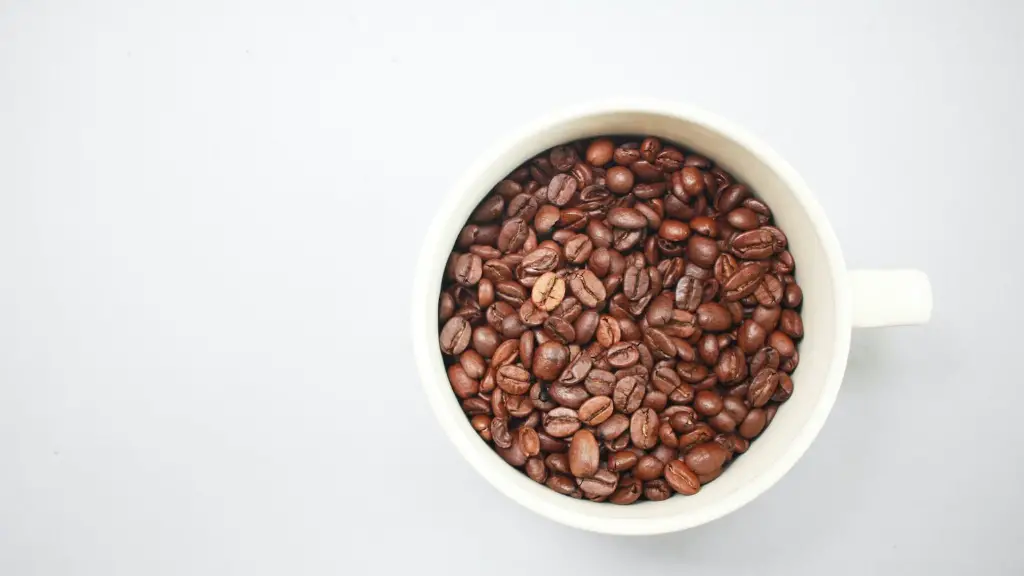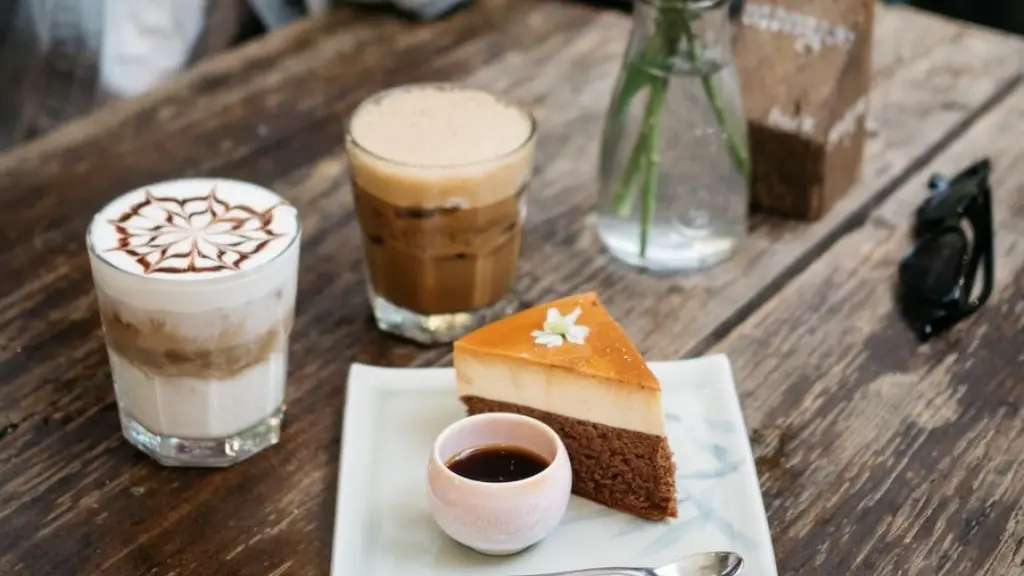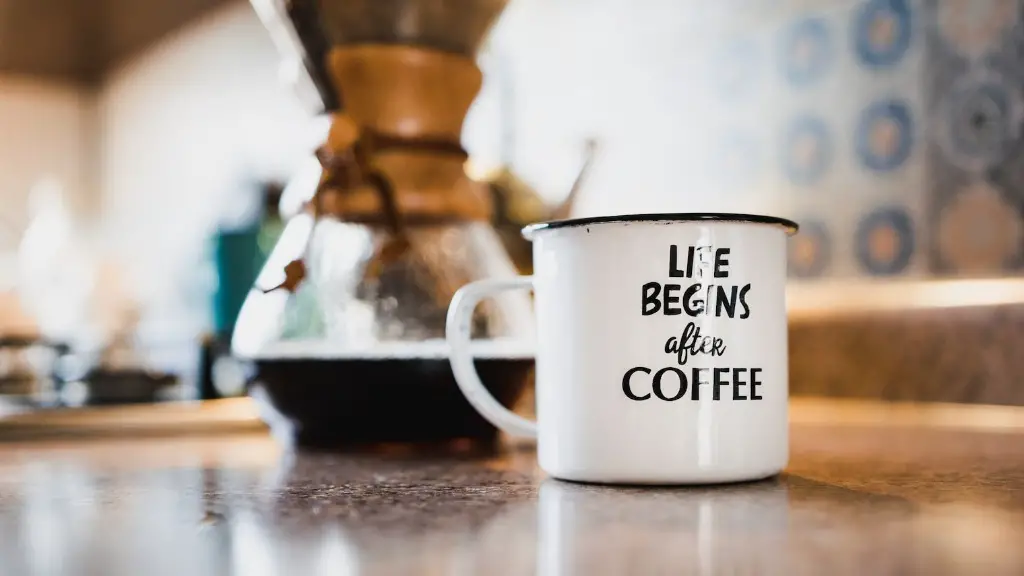The debate between coffee and tea will likely never end since both offer health benefits while tasting entirely different. While coffee has traditionally been used as a stimulant with its higher caffeine content, tea has been used to promote relaxation and calm. We can explore the nuances and subtleties of each beverage to get a better understanding of the differences between them.
In terms of convenience and cost, both coffee and tea are very accessible options. You can make instant coffee or tea quickly and without too much effort. Additionally, most grocery stores have a wide variety of both coffee and tea, so you can choose whatever suits your taste. Prices vary depending on quality and brand, but you should be able to find something that fits within your budget.
One of the key differences between coffee and tea is the amount of caffeine each contains. The specific amount of caffeine in a particular cup of coffee may vary, but on average, a cup of coffee contains about 95 milligrams of caffeine, while a cup of tea contains about 14 milligrams. Caffeine affects people differently, so it’s important to consider your own sensitivity to caffeine when deciding which drink to choose.
In general, coffee is a darker, richer flavor than most teas. Coffee has a strong bitterness and can often be overwhelming or off-putting. In comparison, tea is milder and more subtle with a wide range of flavors to choose from. If you enjoy experimenting with different flavors and aromas, you might find that tea offers a greater variety than coffee.
When it comes to nutrition, both coffee and tea can offer some key benefits. Coffee is known to provide an energy boost that can help you focus, while tea has been linked to a range of health benefits including weight loss, improved digestion, and even a reduced risk of some diseases.
So, which is better for you – coffee or tea? Ultimately, it’s up to you. If you’re looking for an energy boost, then coffee might be the better option. However, if you’re looking for a more calming effect, then tea could be the best choice. It’s important to consider your own needs and preferences when deciding which beverage is best for you.
Coffee vs Tea – Health Benefits
Coffee and tea both offer different health benefits. Numerous studies have shown coffee can reduce the risk of type 2 diabetes, heart diseases, and even some forms of cancer. Coffee has powerful antioxidant properties that can help to reduce inflammation, and some studies have found that it can improve mood and alertness.
Tea also has numerous health benefits. Studies have shown that certain types of tea may help to reduce the risk of heart disease and stroke. Tea is a great source of antioxidants, which can protect cells from damage and help to reduce inflammation. Tea has also been linked to improved mental clarity and focus.
It’s important to remember that everyone is different, and what works for one person may not work for another. If you’re considering adding coffee or tea to your diet, it’s a good idea to talk to your doctor to make sure that it is the right option for you.
Additionally, it’s important to remember that moderation is key when it comes to drinking coffee and tea. Too much caffeine can lead to adverse effects, including jitters, anxiety, and insomnia. It’s best to limit yourself to one to two cups of coffee or tea per day to prevent any potential side effects.
Preparing And Serving Coffee vs Tea
There are several different ways to prepare and serve both coffee and tea, and each method has its own distinct flavor and aroma. If you’re making coffee, you can choose from drip, French press, and espresso-based coffees. For tea, there are a variety of brewing methods such as steeping and decoction.
In terms of serving, coffee is usually served hot and tends to be bitter, whereas tea can be served hot or cold and can range from savory to sweet. Additionally, some types of tea are served with milk and sugar, whereas coffee is usually just served plain.
It’s important to note that each method of preparation and serving will affect the taste and aroma of the beverage. Different types of beans and leaves will also create various flavor profiles, so it’s worth experimenting with different methods and ingredients to find what works best for you.
Recap Of Coffee Vs Tea
In summary, coffee and tea are both popular beverages that can offer a range of benefits. Coffee has a higher caffeine content than tea, so it is often used to provide energy and focus. Tea, on the other hand, is milder and can be used to promote relaxation. Additionally, both coffee and tea have numerous health benefits and come in a variety of flavors and preparations.
When it comes to deciding between coffee and tea, it’s important to consider your own needs and preferences. If you’re looking for an energy boost, then coffee might be the better option. However, if you’re looking for a more calming effect, then tea might be the best choice.
Recent Research Reviews On Coffee vs Tea
Research into the benefits of coffee and tea is ongoing. In recent studies, researchers have looked at the potential connection between drinking coffee and tea and improved mental health. Several studies have found that both coffee and tea can reduce the risk of depression, anxiety, and other mental health conditions.
Additionally, researchers have also looked at the effects of caffeine on sleep habits. Studies have found that while caffeine can make it harder to fall asleep, it can also improve alertness and focus during the day. Again, it’s important to consider your own caffeine sensitivity when drinking coffee or tea, as too much caffeine can disrupt your sleep.
Sustainability Of Coffee And Tea
Sustainability is a key concern for many consumers when it comes to buying food and drinks. Coffee and tea can both have a significant impact on the environment, depending on where and how they are produced. Coffee and tea beans can require large amounts of water and pesticides, and there is a risk of unsustainable production practices. If you are concerned about the sustainability of your coffee and tea, it’s worth looking for brands that use organic, fair trade, or rainforest alliance certified ingredients.
When it comes to waste, both coffee and tea can produce a lot of packaging. Look for companies that are committed to sustainable practices and try to reduce the amount of packaging you use. This can include using reusable coffee mugs and tumblers, reusing coffee grounds, or using loose-leaf tea instead of tea bags.
Herbal Teas
Herbal teas, also known as tisanes, are an excellent alternative to coffee and tea. Unlike traditional teas, herbal teas don’t contain any caffeine and are typically made from a variety of herbs, spices, and flowers. Herbal teas can offer a wide range of health benefits, including improved digestion, increased energy, and better sleep. They can also provide a delicious alternative to traditional tea or coffee.
If you’re interested in trying herbal teas, there is a huge variety of flavors to choose from. Ginger and peppermint are two of the most popular herbal teas, but you can also find chamomile, rooibos, and many other flavors. Herbal teas can be brewed just like traditional teas, but you may need to adjust the brewing temperature or time for best results.
Whether you prefer coffee or tea, herbal teas can offer a delicious and healthy alternative. Experimenting with a variety of different flavors can help you find the perfect drink for any occasion.





